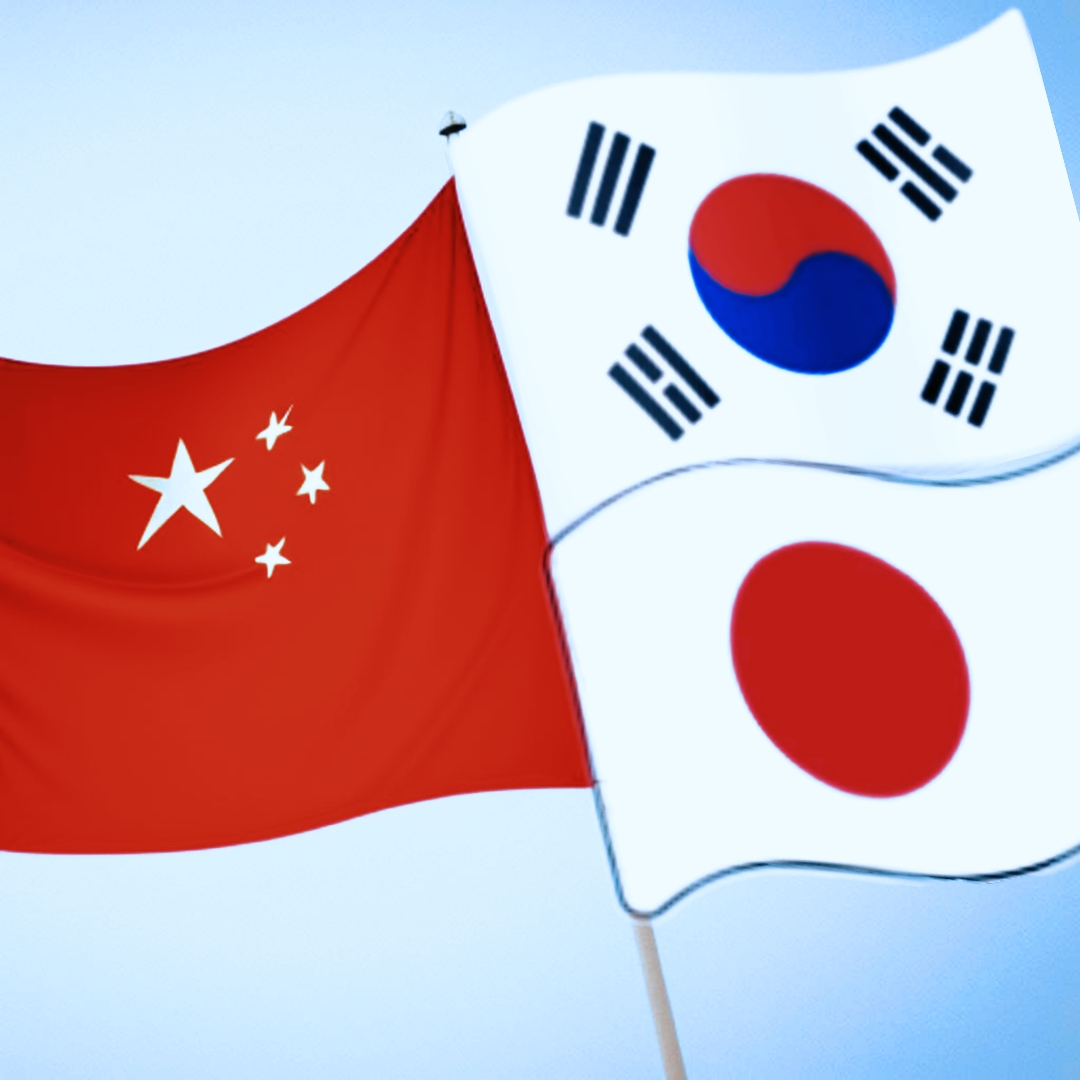The economic dialogue between China, Japan, and South Korea has led to a significant agreement to jointly respond to U.S. tariffs. This development marks a notable shift in regional dynamics, as these major Asian powers collaborate to counter the challenges posed by protectionist measures from the U.S.

The trilateral agreement reflects a strategic effort to safeguard regional trade interests. It follows their first economic dialogue in five years, which aimed to facilitate regional trade amidst U.S. President Donald Trump’s tariffs. By presenting a united front, the three nations seek to leverage their combined economic influence to mitigate the impact of U.S. tariffs.

The initiative also involves strengthening regional supply chains, particularly in the semiconductor industry. Japan and South Korea are exploring imports of semiconductor raw materials from China, while China is interested in purchasing chip products from its neighbors. This cooperation could reshape the global semiconductor landscape, as these countries are major contributors to chip production and consumption.

The renewed focus on a potential free trade agreement (FTA) among China, Japan, and South Korea adds another layer to this regional economic strategy. Talks on this FTA have been revived alongside efforts to implement the Regional Comprehensive Economic Partnership (RCEP). This collaboration underscores a broader trend towards regional cooperation in response to global trade uncertainties.

#TradeCooperation #AsiaUnity #US Tariffs
